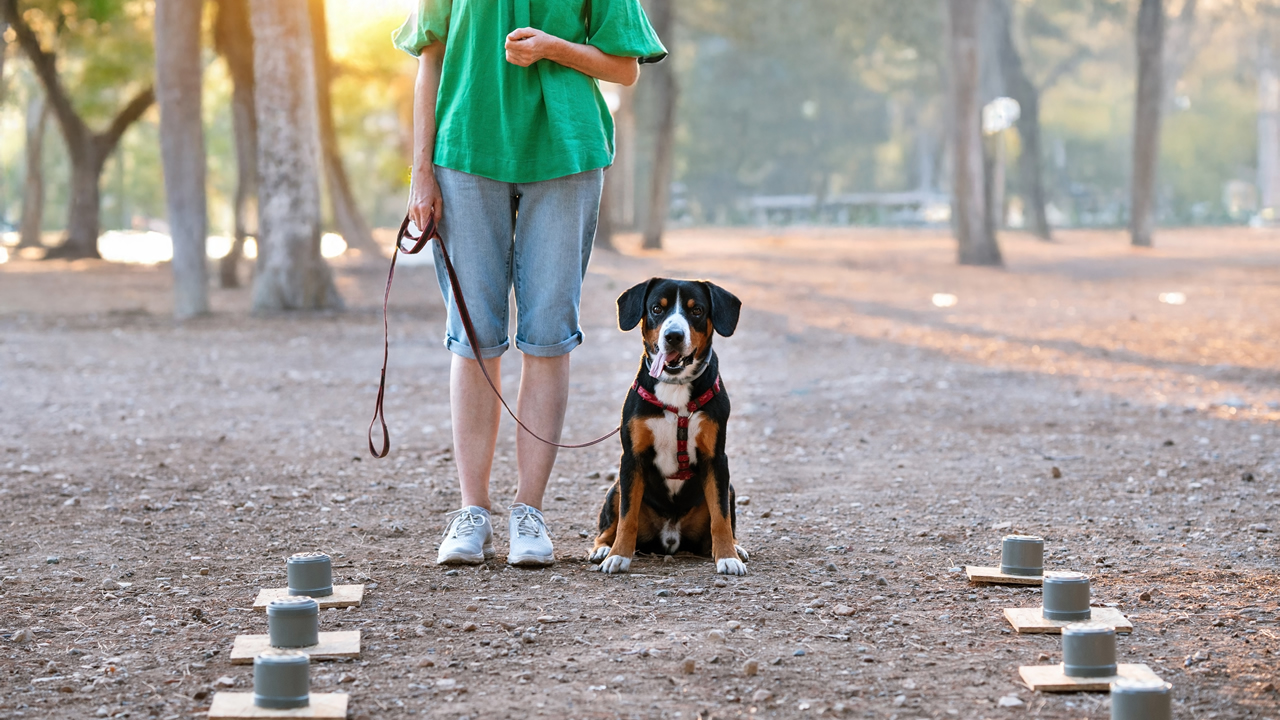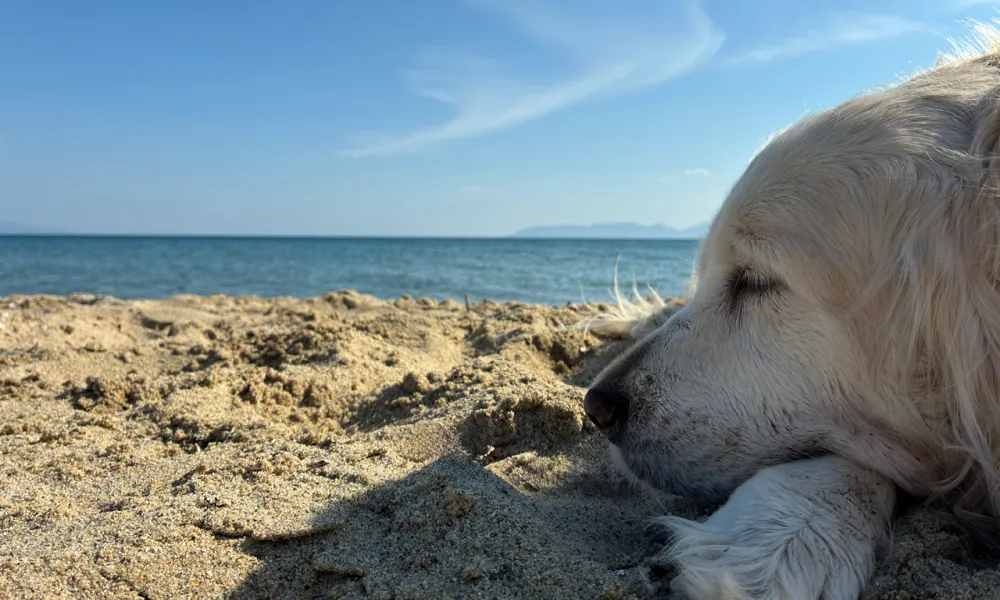Dog Ownership in Cyprus: Legal Responsibilities and Obligations
Owning a dog comes with specific responsibilities and legal obligations under Cypriot law. More precisely, dog owners are required to comply with the following:
- Dog Ownership License: Owners must obtain a dog ownership license from their Local Authority. This applies to all dogs over three months old.
- Safe Confinement and Enclosures: Owners are obliged to take all necessary measures to prevent their dog from escaping. The animal must be kept in a suitable and secure environment.
- Leash Requirements in Public: In public spaces, dogs must always be kept on a leash. For large dogs or breeds classified as dangerous, authorities may also require the use of a muzzle.
- Owner’s Duties: Owners must ensure the dog’s health, vaccinations, and proper identification through microchipping. They carry both criminal and civil liability for any damage or injury caused by their dog. Training, socialization, and basic obedience are mandatory, particularly for breeds with strong guarding instincts.
- Special Provisions for Dangerous Breeds: The law sets out additional conditions for the ownership, confinement, and licensing of dangerous breeds. In certain cases, keeping specific breeds may be prohibited without a special license.

Beyond the Law: Practical Support for Dog Owners in Cyprus
Owning a dog in Cyprus does not stop at securing the annual license or meeting the obligations of the Dog Law of 2002. For many owners, the real challenge lies in day-to-day care, ensuring pets are healthy, well-trained, and safely integrated into the community. This is where animal welfare groups step in. Animal Rescue Cyprus (ARC) runs a veterinary clinic offering microchipping, health checks, grooming, and even boarding, while also managing a Trap-Neuter-Release programme for strays and visiting schools to educate children about responsible ownership. Rights For Animals (R4A) focuses on dogs that have endured trauma, providing rehabilitation, socialisation, and positive-reinforcement training alongside full veterinary treatment and adoption guidance, while Simba Animal Aid Cyprus pairs rescue and fostering with community campaigns that encourage spaying and neutering to tackle abandonment.
Beyond these larger organisations, smaller shelters across the island experiment with alternative care models, including pack-style environments where dogs live in groups rather than cages, giving both animals and volunteers a unique opportunity for socialisation. In a country where stray populations remain high and responsible care is still evolving, such groups are not only lifelines for animals but also allies for anyone who wants to raise a healthier, safer, and happier pet.
